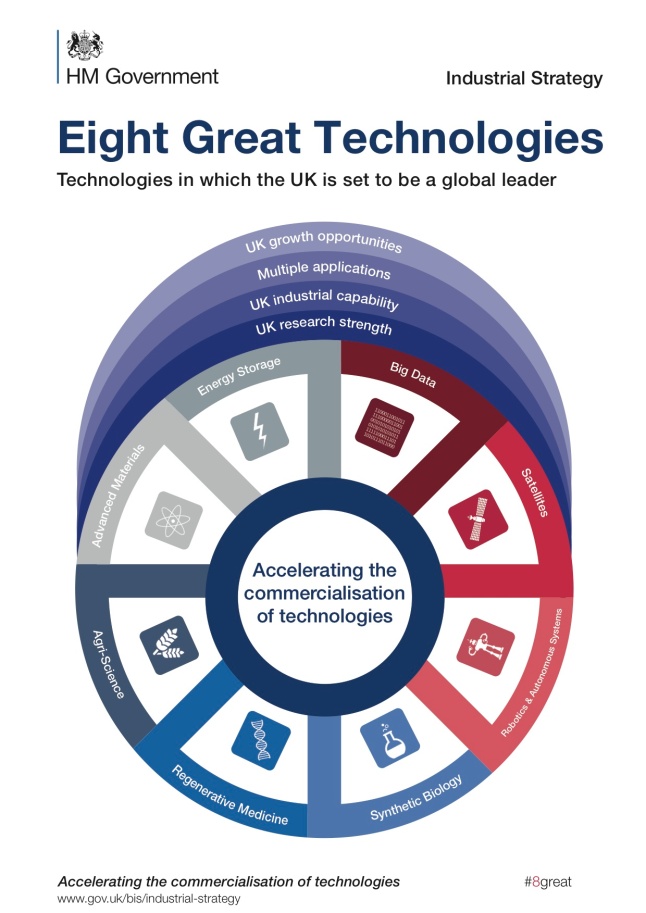Who is winning the funding race?
Cancer dominates disease research funding, receiving around ten times the money than dementia research. The raw figure is £590,411,000 according to Dementia UK and Scienceogram. With an ageing population, you could begin to question whether this vast difference is justified, as more and more people are going to be suffering from degenerative brain diseases like Alzheimer’s.
What do the experts think?
To get an expert’s perspective, I spoke to Professor Tim Meyer from University College London Cancer Institute who looks at the role of cells called Circulating Tumour Cell (CTCs) in the blood of people suffering from cancer as a way to predict the patient’s prognosis in a new, accurate method.
CTCs break off from tumours and circulate the blood, attaching to other tissues in the body to form what is called metastatic tumours. This is how cancer can spread around the body. However, only several CTCs actually go on to form tumours, the rest just swim around in the blood. Professor Meyer’s research involves using these CTC readings fromb blood samples to detect whether a patient is responding well to cancer treatments or whether they are at risk of developing another tumour.
His research primarily focuses on using these cells as a prognosis tool, meaning that patients will be given a more accurate idea of how their treatment is working, or what their future will look like.
I asked him about his research and if he thought the amount that cancer research receives in comparison to other diseases is justified.
